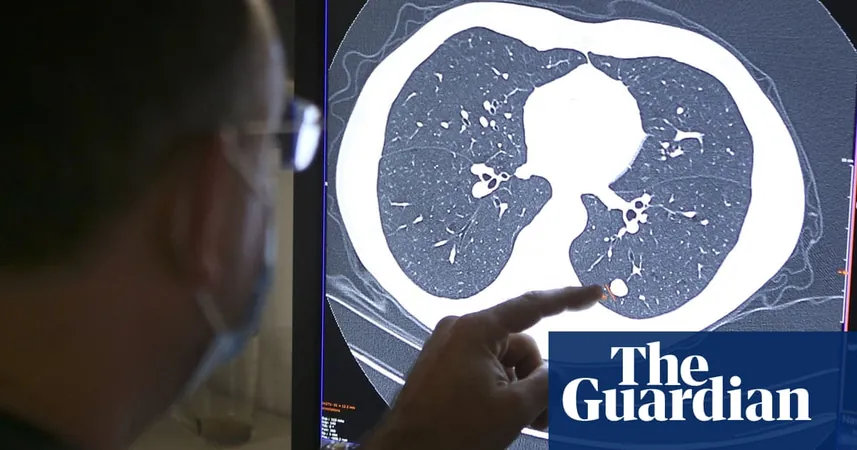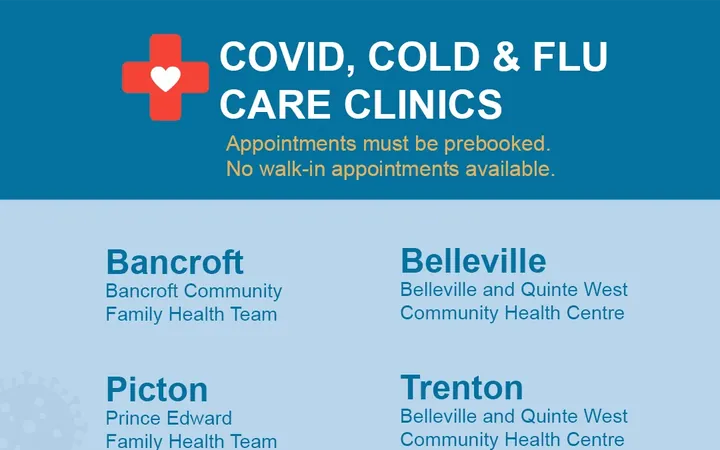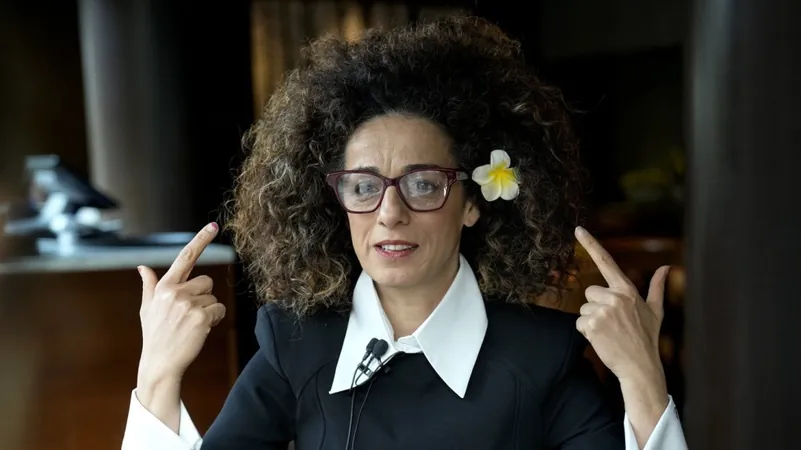
Unraveling the Mystery of 'Super-Survivors': Why Some Beat Aggressive Cancers Against All Odds
2024-11-18
Author: Sophie
Introduction
In an exciting new development, a groundbreaking study has been launched to explore the phenomenon of 'super-survivors'—a small group of cancer patients who manage to thrive despite being diagnosed with some of the most aggressive forms of the disease. This investigation, led by an alliance of eight NHS cancer centers and numerous hospitals worldwide, aims to uncover the secrets behind the extraordinary resilience of these individuals.
Study Focus and Goals
Researchers have set their sights on analyzing detailed biological data from 1,000 patients, focusing on their tumors and genetic makeup. They will delve into the complexities of DNA, blood proteins, microbes, and molecular biomarkers to ascertain what sets these remarkable patients apart. The ultimate goal is to unlock insights that could lead to novel therapies, designed to replicate the biological advantages seen in these super-survivors, enhancing treatment outcomes for other cancer patients.
Collaboration and Target Population
The study is a collaborative effort involving specialists from over 40 countries, specifically targeting individuals who have defied expectations in survival timelines for aggressive cancers such as extensive-stage small cell lung cancer, glioblastoma (an aggressive brain cancer), and metastatic pancreatic ductal adenocarcinoma. Those who fall into the top 3% of prolonged survival are encouraged to participate.
Expert Insights
Dr. Thankamma Ajithkumar, a clinical oncologist at Cambridge University Hospital NHS Trust, highlighted the mystery surrounding these super-survivors. 'Patients with these cancers typically don't exceed a two- to three-year survival rate, yet 3-5% do live much longer. It puzzles us why they are thriving—could it be a genetic factor or something intrinsic within their tumors that enhances their ability to combat this disease?' she said.
The Rosalind Study
Named the Rosalind study in honor of Rosalind Franklin, the pioneering scientist who captured the first image of DNA's structure, this initiative marks a pivotal moment in cancer research, shifting the focus from the typical grim statistics surrounding these diseases to the potential for understanding survival advantages.
Factors Influencing Survival
While individual tumor genetics may play a role in some patients' survival, others may owe their longevity to a robust immune response capable of identifying and destroying cancer cells. The study seeks to aggregate knowledge on these and additional factors that contribute to the success of super-survivors.
Data Management and Challenges
Critically, data gleaned from this research will be stored in a global database spearheaded by Cure51, a French biotech startup, receiving funding from the venture capital firm Sofinnova. 'Understanding why these individuals manage to survive is key to potentially eradicating cancer,' said Nicolas Wolikow, co-founder of Cure51.
Enrollment Challenges
However, enrolling super-survivors could pose challenges; in the UK, patients who surpass the five-year mark are often dismissed from follow-up care, complicating the tracking of their progress. Dr. Ajithkumar noted, 'Finding them may be a significant hurdle.' Those super-survivors willing to participate in the UK segment of the study can reach out to the Cambridge Cancer Trials Centre for further information.
Future Implications
Cancer Research UK’s Dr. Hattie Brooks expressed enthusiasm for the study’s potential, emphasizing the importance of understanding why individuals respond differently to treatment: 'Unraveling these differences could be pivotal in developing targeted therapies for patients facing these notoriously tough cancers, and it may finally open doors to lasting solutions.'
Conclusion
As this research gains momentum, it could herald a new era in cancer treatment, offering hope for more effective strategies against daunting diagnoses. With the ongoing support from the scientific community and the commitment of super-survivors, we may be on the cusp of significant breakthroughs in the fight against cancer!









 Brasil (PT)
Brasil (PT)
 Canada (EN)
Canada (EN)
 Chile (ES)
Chile (ES)
 España (ES)
España (ES)
 France (FR)
France (FR)
 Hong Kong (EN)
Hong Kong (EN)
 Italia (IT)
Italia (IT)
 日本 (JA)
日本 (JA)
 Magyarország (HU)
Magyarország (HU)
 Norge (NO)
Norge (NO)
 Polska (PL)
Polska (PL)
 Schweiz (DE)
Schweiz (DE)
 Singapore (EN)
Singapore (EN)
 Sverige (SV)
Sverige (SV)
 Suomi (FI)
Suomi (FI)
 Türkiye (TR)
Türkiye (TR)